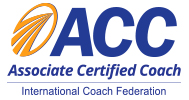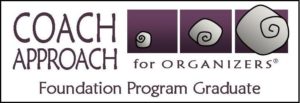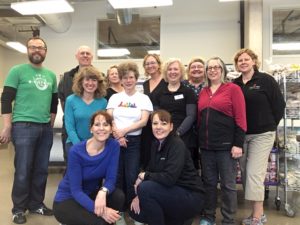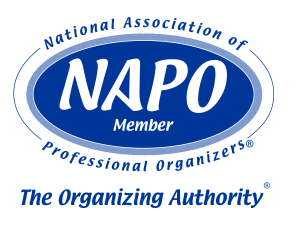 How often have we heard the phrase “you can’t teach an old dog new tricks.”
How often have we heard the phrase “you can’t teach an old dog new tricks.”
Thirty years ago neural researchers would have sworn that mental development ended in your twenties. The prevailing theory was that “the brain simply didn’t undergo any significant change in capacity after late adolescence” (Immunity to Change, Kegan, and Lahey). Imagine that.
Fast forward 30 years and studies show the brain has the ability to continue to adapt throughout life. Why is that important? We are living longer, and the longer we live the more we need to continue to learn and grow. Not just because of the demand, but also the desire.
Desire is a key point. If we desire change, we will strive to achieve it. If change is demanded, we tend to resist. How is this reflected in change?
Desire vs Demand
My dad was over 65 when he decided to learn how to snowboard. He wanted to snowboard so he would have something in common with his grandkids. Desire was strong, demand was absent.
My husband is almost 69 years old. He is the “go to” guy for tech support within our house and amongst his employees, friends, and family. He feels a need to embrace technology to support his family, friends, and business. Both desire and demand are strong.
At 50 I embarked on a new career: coaching and organizing. I have a passion for helping people break through their physical and emotional clutter to help them create the lives they want to live, not the life they feel stuck in. Both desire and demand are strong.
We have some friends that are taking up golf in their 60s. Now, golf is not an easy sport and can be incredibly frustrating, but they just keep going. Desire is strong, demand is absent.
Again with my dad. He was an electrical inspector. He loved his job. He met the most amazing people, and couldn’t wait to get into the office every day to see his office colleagues. Then technology raised it’s ugly head when my dad was about 65. He was now required to receive and file his inspection reports on a computer. He was able to give up his commute to the office but missed seeing his colleagues and the technology kicked his you know what. He couldn’t (didn’t want to) get the hang of it. Demand was strong, the desire was absent. He retired.
When you are handed a new challenge, how do you see it? Desire vs demand? Are you more inclined to try harder one way or the other? Does it change your perspective on the challenge? How would a perspective shift help?
Cindy Jobs, COC, ACC
Looking for more information?
Click here for 15-minute organizing tips.
National Association of Productivity & Organizing Professionals, Seattle Chapter Vice-President
International Coach Federation
Institute for Challenging Disorganization
Level I Certificates earned in Chronic Disorganization; ADD; Client Administration; Time Management; Mental Health; and Hoarding.
Level II Specialist Certificates earned in Chronic Disorganization and ADHD











